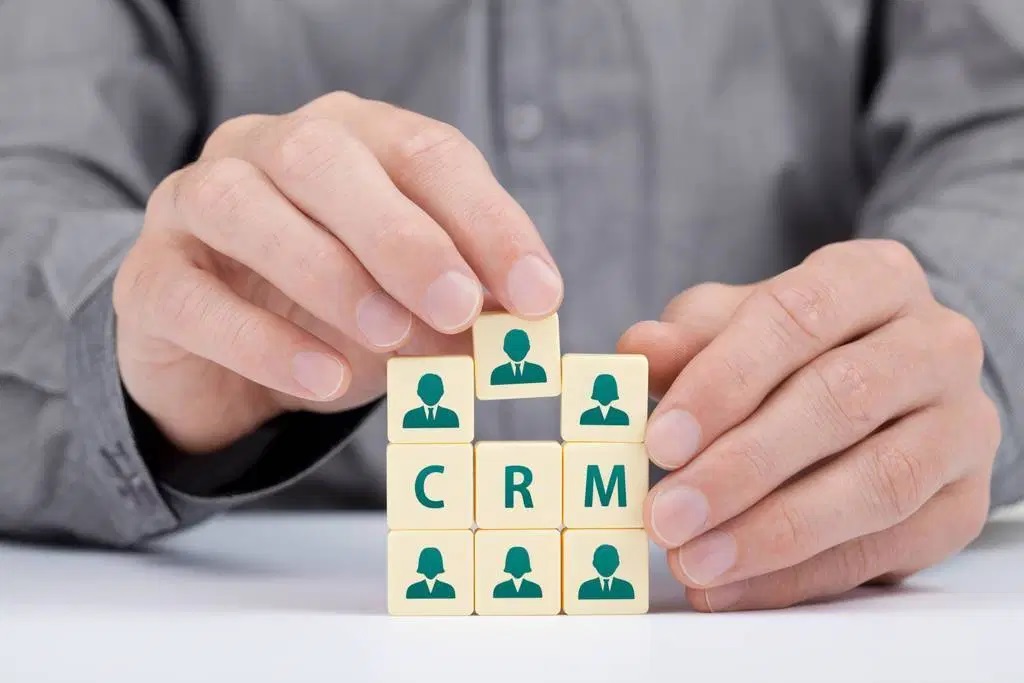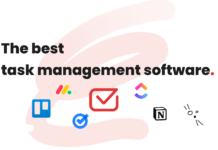
No matter whether you are a large enterprise owner or running a small business, searching for ways to make your mark in the industry utilizing an effective customer relationship management (CRM) solution can come to your rescue! Many organizations are identifying the pain point and are finding the importance of implementing the solution, as it enhances client satisfaction.
The research firm Gartner reported that CRM’s have turned into the world’s largest resource in 2017. This trend has only continued to grow since then, and today market experts expect to reach a mind-boggling 80 billion dollars of savings by the end of 2025 when using a CRM solution.
Today, many enterprises are turning to CRM’s, and you should not be left behind. Considering a CRM adds to the foundational objectives of each business, let us dive in and look at how more closely.
Generate and Follow Appropriate Leads
Generating leads is the primary step in the sales cycle, and a CRM solution collects all lead details. You cannot create and maintain connections with your clients unless you find them first. At the same time, you don’t want any leads unless they are the right ones for your business. The sales and marketing departments are aligned closely with this objective.
The marketing team generates leads into the sales pipeline. Later it’s up to the sales team to convert these into opportunities and then close the deal. Although it sounds very simple, it is actually very difficult to practice. You must make sure that you are gathering good leads from the ideal target market, they should be of high quality. Or else, your salespeople are wasting their valuable time.
Managing these leads is an essential factor for a CRM solution, which plays a pivotal role in harnessing good quality leads. It leverages helpful features such as categorization, monitoring, and scoring to manage the sales pipeline efficiently.
Once the leads are in the solution, it becomes easy to track their progress allowing the salespeople to step in whenever a lead is ready to purchase, instead of missing the opportunity. According to HubSpot Inc., more than 60% of purchasers talk to sales representatives during the consideration stage.
Collect the Accurate Information at the Right Time
No matter where your sales representatives are, whether meeting with prospects in person or emailing contacts in the office, they require quick and easy access to the leads data and sales content. A good CRM solution has a mobile application to support the continuous demand for data from any place, anytime. CRM database stores all information about your leads in a centralized location.
Know More about Your Clients
Do you know who is purchasing from you and what kind of content engages those buyers?
CRM analytics tool provide you with a clear insight into what works and what doesn’t across different campaigns. The solution also allows you to understand your clients beyond the surface interactions.
You can store all your results within the software, which makes every contact turn into more than only a profile name. When you add details about their business objectives and struggles- the relationship becomes more personal.
Building a robust relationship allows you to serve your clients better and help them to succeed in their business. Social media integrations help you gain granular insights into your clientele. A CRM application provides a window into what your existing and potential clients are discussing, collect customer data, and monitor each lead, as some leads may enter the sales funnel through social media channels.
Enhance Client Experience
Today, client experience is one of the most engaging topics when it comes to B2B marketing. Whether you focus on B2C or B2B, you simply cannot ignore the crucial role customer experience plays in a winning business strategy. Why? Because organizations that invest in their clientele experience reap larger rewards in the long run.
Enhanced client satisfaction and retention are some of the main results of offering an outstanding experience for clients. They have high expectations and are never afraid of leaving negative comments, reviews, or posts on social media about their dissatisfying customer service experience with your company.
Provide Quick Responses
Email capability is a general characteristic of a CRM solution. Such integrations make it simple to respond in a timely manner. Many CRM systems have a live chat option, so sales representatives can work to resolve client issues or at least reply to their questions instantly.
Quick responses from the sales team before leads convert into customers are another critical factor. Replying to potential clients’ will affect the number of opportunities you convert. According to a HubSpot report, 52% of purchasers considered timely response as a pivotal part of building a positive experience.
Manage Your Data Effectively
Do you follow any specific process for controlling customer data flow, via your business? If not, then this is the right time to start. Drafting notes down on writing pads or monitoring leads information on excel spreadsheets is a thing of the past. Even if you are running a small business enterprise, you can benefit from using CRM tools to manage data more effectively.
Contact management is a major feature of a CRM we already touched upon. It allows you to accumulate and categorize all information in a centralized location. The marketing department no longer needs to dig through heaps of papers to look for the list of current leads.
CRM’s provide an inclusive view into the sales pipeline, allowing sales managers to view where their sales team deals stand. The dashboards can combine data into charts and graphs, to get total insight into the metrics, such as:
a) The number of deals in progress.
b) The region that shows the greatest potential.
c) Performance of your last email marketing campaign.
With data organized in a CRM, you no longer need to play guessing games. You can make informed decisions backed by data which helps build a stronger overall strategy for your business.
Easy Reporting
Do you know how many leads your organization generated per region the last quarter? When you don’t have the answer there is a chance you will require some reporting capabilities.
An effective CRM platform keeps sales managers informed on the conversion rates for sales qualified leads. Business owners require this information to help shape the organization’s strategy more accurately. A CRM solution also offers extensive reporting features, so no one is left in the dark on how exactly you are doing on every KPI.
Building Good Teamwork
The sales and marketing teams primarily drive revenue. When these two departments work together efficiently, your business will grow. Sales representatives have a lot of data to monitor. Implementing a CRM software can aid your marketing team to maximize the data the sales department captures. When the marketing department has clear visibility into what encourages your leads to purchase and where they tend to leave in the sales process it helps them to develop marketing campaigns that are more efficient in attracting the right clients.
In addition, a CRM solution also streamlines other business processes and keeps everyone on the same page. No matter where the contact is in the sales pipeline, everything from the first contact of the lead to when they were converted into a client, your teammates can see every contact’s pipeline history.
To Sum Up
Using the right customer relationship management system can boost your sales process, and thus helps your revenue stream. It enhances productivity, offers granular insights, and helps in overall customer retention.
The journey to implementing a CRM solution begins with searching for the right software that can fulfill your business requirements. Your clients deserve the best, and an online CRM software can equip you with the necessary tools to help make that possible.








